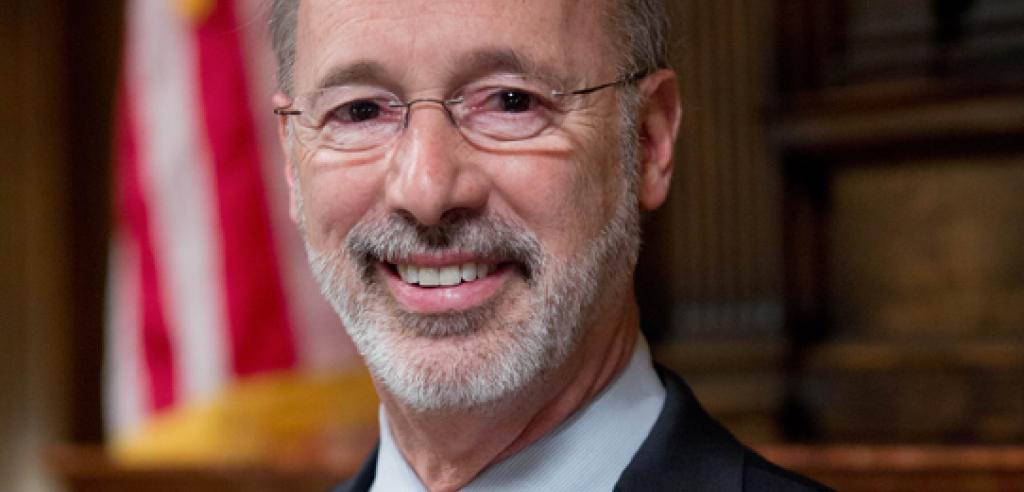 Executions in Pennsylvania will continue to be postponed. On Monday, the Pennsylvania Supreme Court unanimously decided that Governor Tom Wolf does indeed have the power under the Pennsylvania constitution to issue reprieves to inmates sentenced to death. There are 181 men and three women on Pennsylvania’s death row. But only three people, all of whom voluntarily gave up their appeals, have been executed in the state since the United States Supreme Court reinstated the death penalty in 1976.
Executions in Pennsylvania will continue to be postponed. On Monday, the Pennsylvania Supreme Court unanimously decided that Governor Tom Wolf does indeed have the power under the Pennsylvania constitution to issue reprieves to inmates sentenced to death. There are 181 men and three women on Pennsylvania’s death row. But only three people, all of whom voluntarily gave up their appeals, have been executed in the state since the United States Supreme Court reinstated the death penalty in 1976.
Governor Wolf said that the moratorium would continue at least until 2016, when a legislative commission is expected to release a report on the death penalty after four years of study.
The court’s unanimous decision held that the Pennsylvania Constitution does not, and has never, required the Governor to justify a reprieve based on the special circumstances of the prisoner. The Pennsylvania high court also held that the Governor does not need to specify when a reprieve will end.
Last year, soon after the election, Governor Wolf began issuing temporary reprieves to inmates on death row because he believes Pennsylvania’s death penalty system is flawed. Prosecutors throughout the state opposed the issuance of these temporary reprieves. The Attorney General and the District Attorney of Philadelphia filed suit challenging the Governor’s actions. The court’s decision on Monday was a rejection of that challenge.
In a statement, Governor Wolf said that his “decision to issue temporary reprieves came after significant consideration and reflection, and was in no way an expression of sympathy for the guilty on death row,” but rather was motivated by the fact that Pennsylvania’s death penalty system is “riddled with flaws, making it error prone, expensive, and anything but infallible.”